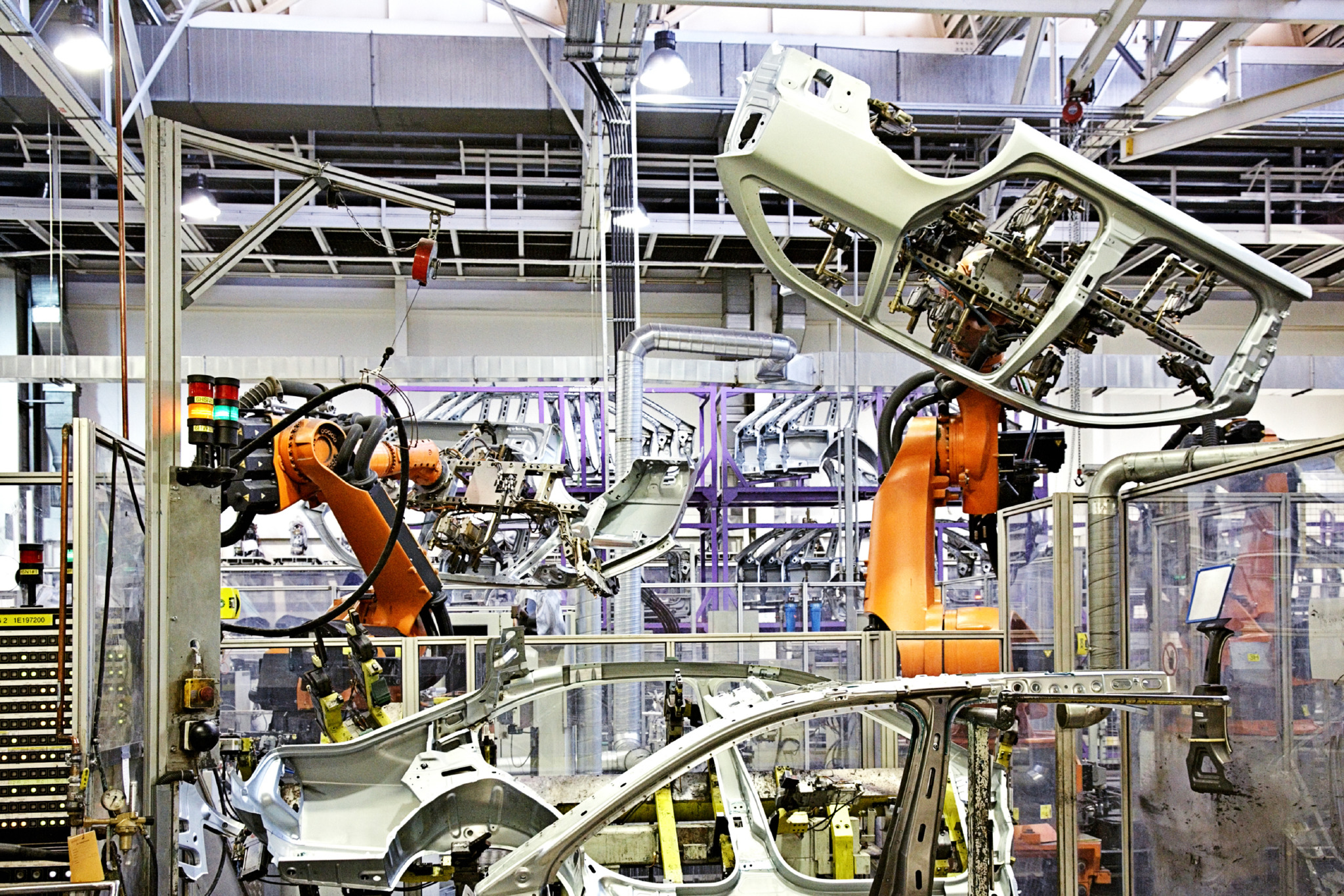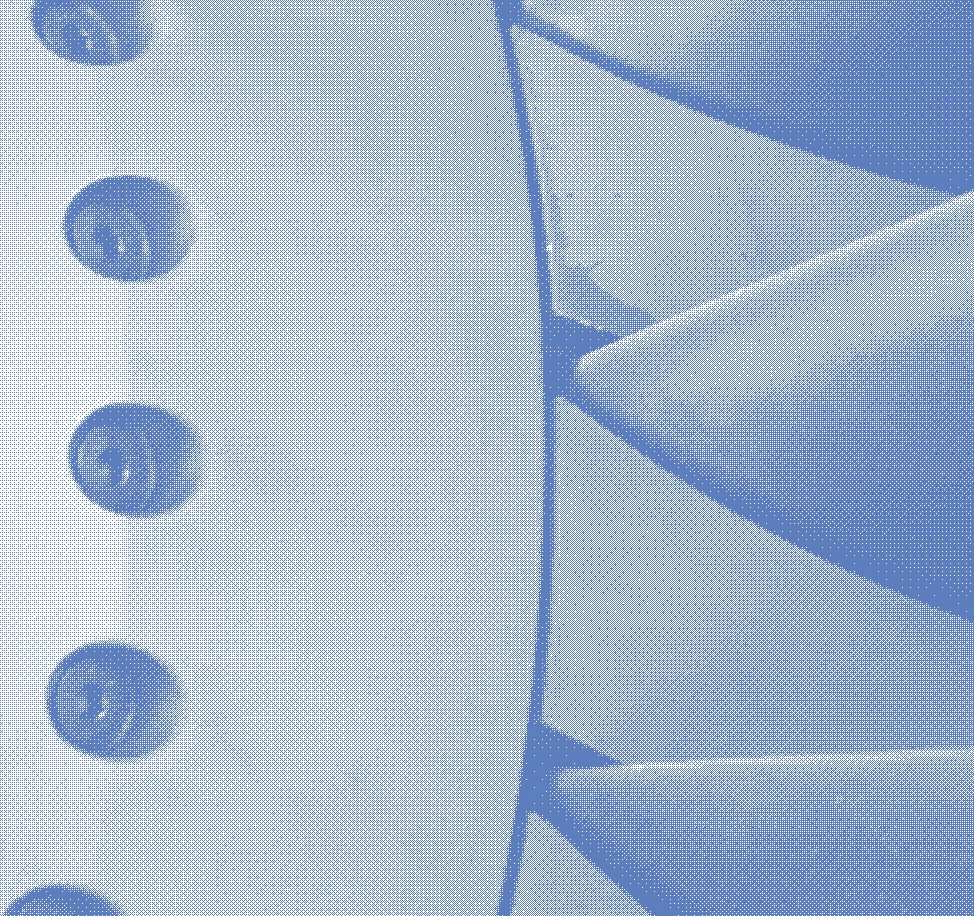
Outreach
LightForm Outreach Activity
LightForm will build on our strong track record in outreach established through previous EPSRC programme grants (LATEST and LATEST2) to promote understanding of light metals and light metal forming in enabling key technologies such as low emissions transport, closed loop recycling, and digital manufacturing.
Recognising that outreach is most effective when the target audience is maximised, we work with a variety of outreach partners to deliver activities with LightForm focus, aiming to generate awareness, communicate research outcomes, encourage engagement and dialogue and disseminate knowledge.
We have developed materials for schools that are closely aligned to curriculum needs to ensure they are of maximum benefit to teachers. We run outreach events for schools, public, and industry. We also host major conferences (such as LightMAT 2019) to disseminate our work to the international community.
Examples of our outreach strategy for reaching our four key target audiences are summarised below:
Researchers - Publications and presentations - Conference and workshop organization - Data standards and sharing
Industry - Industry focused workshops - Trade magazine publication - Professional standard code sharing
General Public - Science fairs and festivals - Local societies - Public events
Schools - Summer school events - Resources for teachers - Science fairs and festivals
LightForm Outreach Activity:
LightForm Research Team - Medlock Primary School - Manchester
The LightForm Research Team delivered an outreach activity to Year 2 – KS1 pupils at Medlock Primary School Manchester, on Monday 24 June 2019.

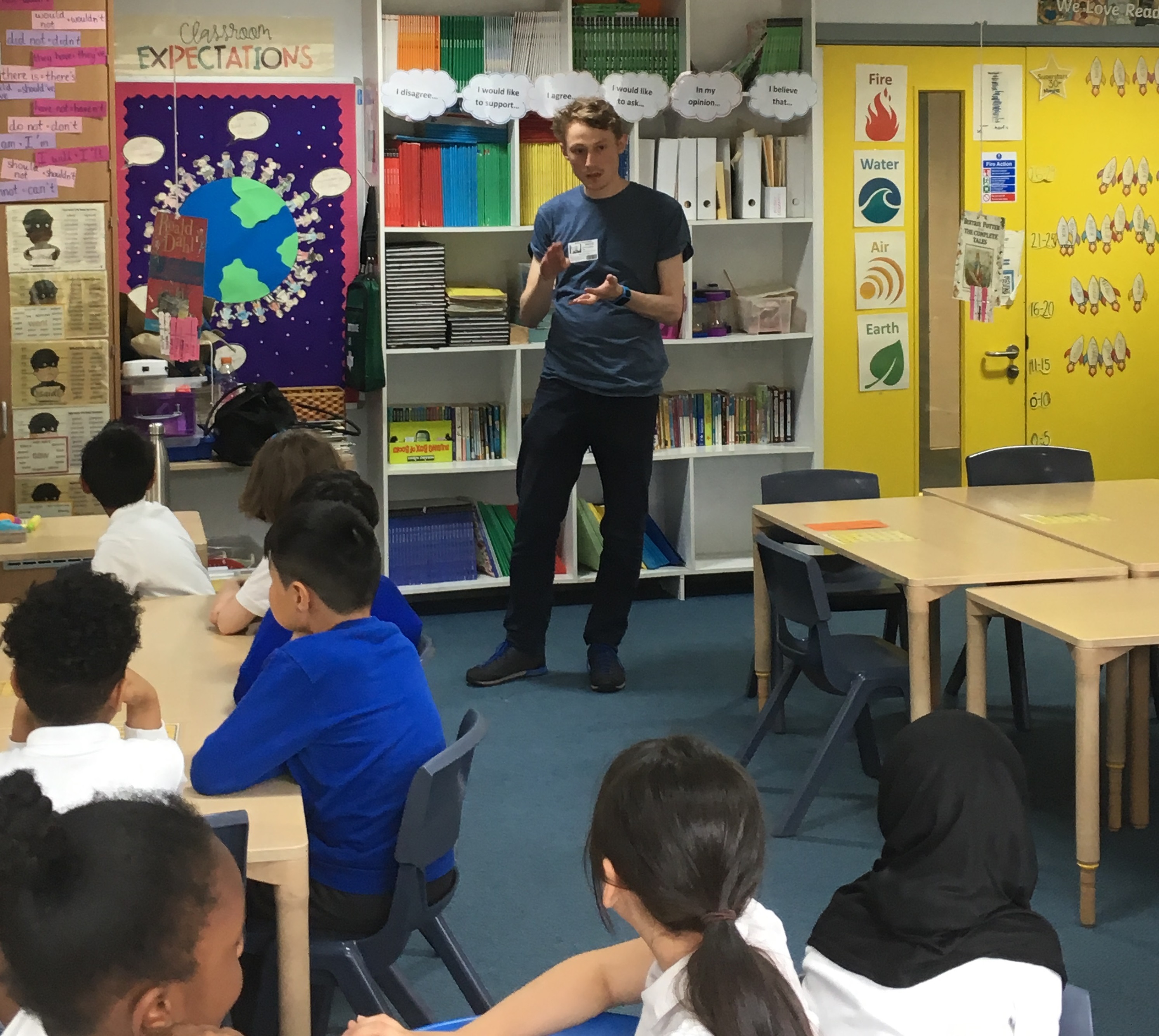
The Research Team objectives were for pupils to explore, name, discuss and raise and answer questions about everyday materials, understand forming and how materials are shaped and investigate with pupils a selection of materials for use in a variety of applications.
The activities selected to fulfil these objectives were:
- Playdough forming
- Charpy impact test
- Plastic cups to personalised badges
Pupils split into groups of 10, spending 20 minutes on each activity, then moving onto the next activity. Each activity enabled all pupils to perform or engage with simple tests to explore questions, which included: ‘What is the best material to build a bridge?’, ‘What happens to plastic when we make it hot?’, ‘What everyday products do we get from forming?’
Pupils were extremely welcoming and excited to meet “Real life scientists – from The University of Manchester” – as introduced by Ms Yeoman the class teacher.
A brief overview was given to the class about the Research Team and their work at The University of Manchester, accompanied by warm up questions to start pupils discussing various materials used in everyday household objects, pupils then split into 3 groups and each table began their activity.
Playdough forming - Introduced the methods in which different shapes are made, giving pupils the opportunity to press, roll, stretch and bend playdough, replicating the methods used in forming metal components
Charpy impact test - Pupils explored how material properties are tested in order to design a bridge, asking pupils to consider the type of materials which could be used and what properties would be needed, should the material be strong or weak, ridged or bendy etc. Using a Charpy tester a variety of chocolate bars were then put through their paces, to determine which would be easiest to break, which would be hardest to break
Plastic cups to personalised badges – Pupils learned how plastic cups are made from a sheet of plastic and asked the question ‘Can you reverse the process and make a plastic cup a sheet of plastic again?’ all pupils were then tasked with decorating the base of a plastic cup, prior to the cup being flattened into a badge - the end product being a personalised badge.
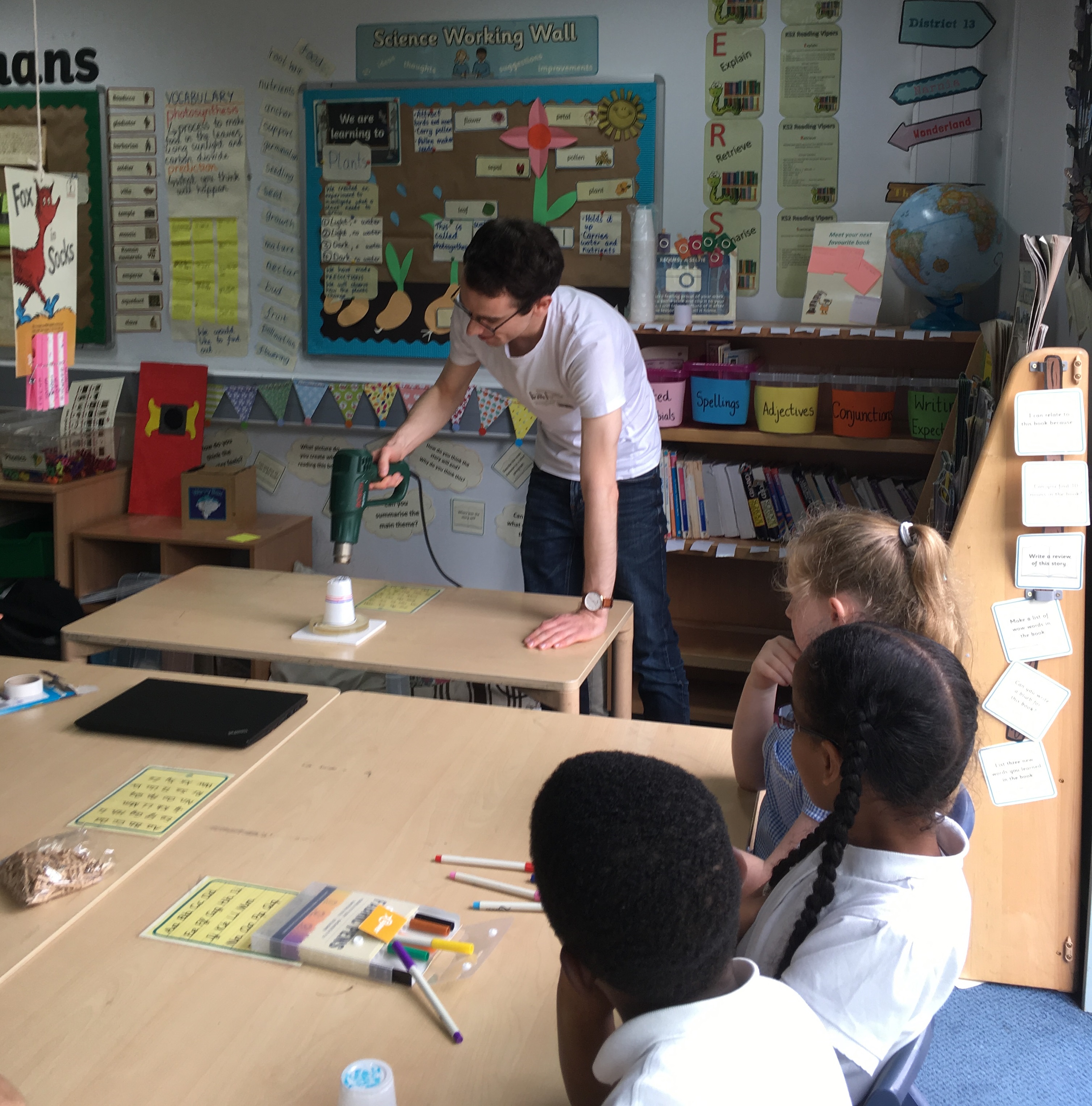
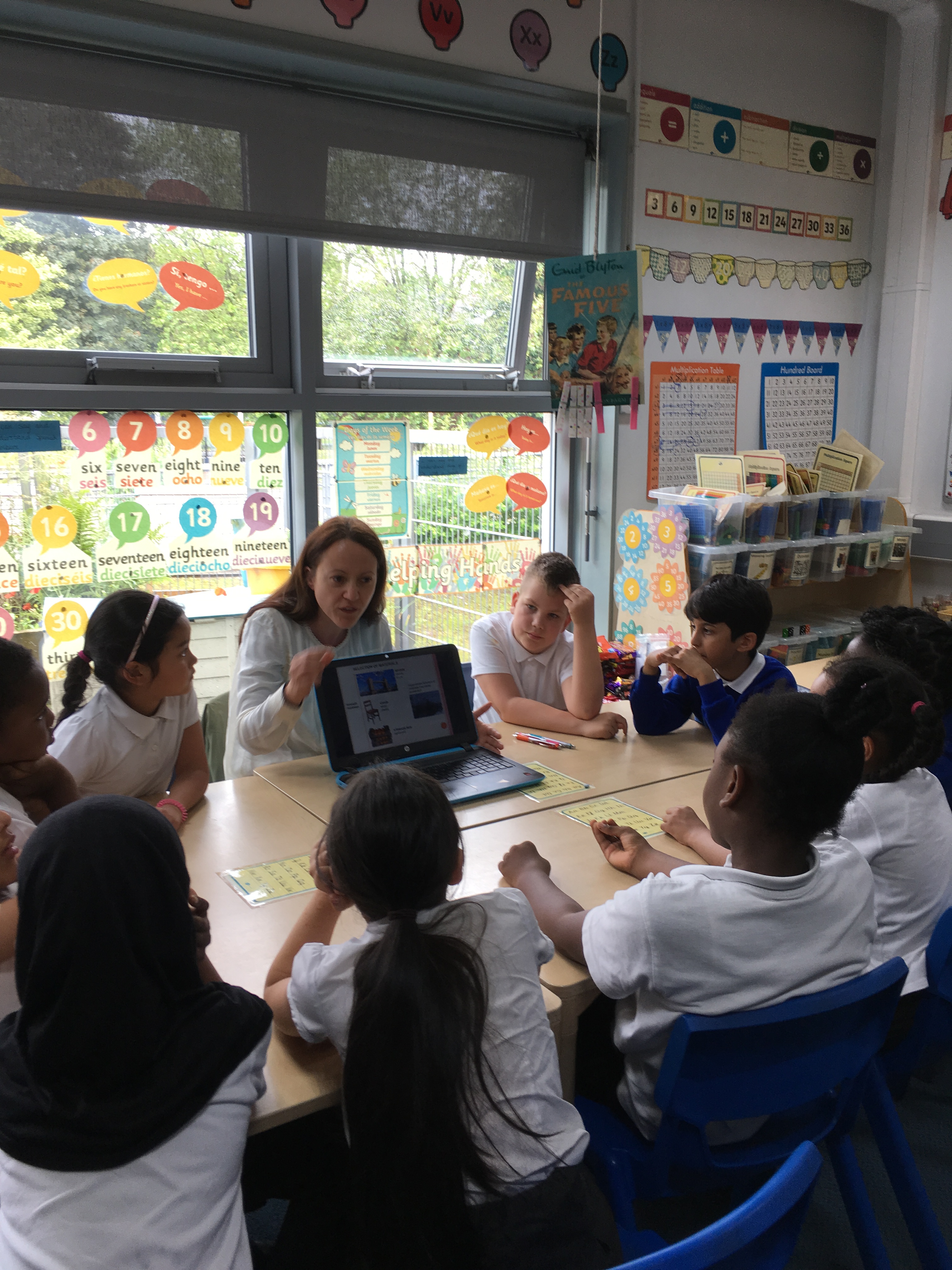
Activities were really well received by all of the pupils who thoroughly enjoyed the hands on science tests, Ms Yeoman fed back that the “Pupils loved it!” the LightForm Research Team were equally as enthusiastic and are looking forward to visiting Medlock Primary School again in December 2019 to meet the new Year 2 pupils.
Major Events 2019
The LightForm team in collaboration with DGM and IWT Bremen are hosting LightMAT 2019, the 3rd International Conference on Light Materials – Science and Technology.
LightMAT 2019 will provide a comprehensive overview and new insight into the three most important light metals Aluminium, Magnesium and Titanium and their combinations.
This is the first time the conference will be held outside Germany. LightMAT brings together experts from industry and academia to share knowledge on light metal processing, structure, properties, and applications. The special topic for LightMAT 2019 will be light metal forming. LightMAT 2019 will be held at the Manchester Conference Centre from 5-7th November 2019. For full details, please go to the LightMAT Website
Cambridge University - School Outreach Project
Material Selection in Design, is a teaching resource designed and developed by Dr Hugh Shercliff, Cambridge University, for schools and colleges, for ages 14-16 and 16-18.
The project objective is to set science and maths content at GCSE and A level within an engineering context.
Delivery of this project features a range of team activities and practical applications, in which to explore and develop critical thinking, with an extension topic for enthusiasts.
A number of resources relate to materials in design, exploring the trade-offs between mechanical properties, cost and density in light weight design, using the core concept of "material property charts".
Worksheets have been trialled with pupils in a local Cambridge school, guest lectures delivered in various schools to groups of around 30, sixth form students. A practical outreach activity has been designed using bending of beams to explore stiffness and weight on a low-cost portable test rig, and trialled successfully by a group of 20 visiting sixth form students.
Work continues in order to publish a set of resources for GCSE and A level, in addition build several bending test rigs for use by the LightForm Research Team which can be taken on outreach visits.

